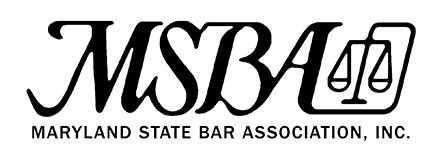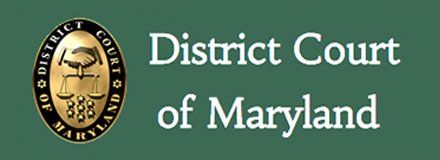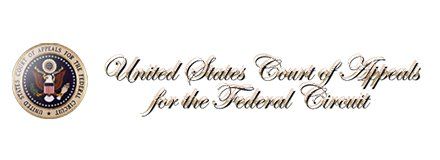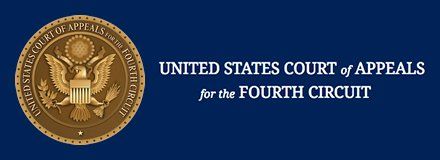PRACTICE AREAS
BLOG CATEGORIES
ASSOCIATIONS
Understanding the Corporate Transparency Act: What You Need to Know
Decoding the Corporate Transparency Act (CTA) for you, the business owner, in a clear and straightforward manner.

- Background of the CTA: Enacted as part of the Anti-Money Laundering Act of 2020 and effective from January 1, 2024, the CTA aims to combat money laundering and terrorist financing. It's a game-changer in how businesses disclose their ownership information, giving the federal government visibility into the actual individuals behind corporations and similar entities.
- Who's in Charge?: The Financial Crimes Enforcement Network (FinCEN) of the U.S. Treasury Department is responsible for implementing the CTA. Despite their efforts to educate the public, many business owners remain unaware of the new requirements.
- Who Must Report?: If you're a corporation, limited liability company, or a similar entity formed by filing with a state office or Indian Tribe, you're likely a "reporting company" under the CTA. However, there are notable exemptions like large operating companies and dormant companies.
- What to Report?: Reporting companies must file beneficial ownership information (BOI). This includes details about your company, its beneficial owners (individuals with substantial control or at least a 25% ownership interest), and the company's applicants. Note that while trusts aren't typically reporting companies, trustees might need to report in certain cases.
- Reporting Deadlines: Existing companies have until January 1, 2025, to file their initial BOI report. For companies formed after January 1, 2024, the deadline is 90 days post-formation, and for those formed after January 1, 2025, it's 30 days. Remember, you must update any changes within 30 days.
- Consequences of Non-Compliance: Failing to report can lead to a $500 daily fine and up to two years of imprisonment. It's serious business.
- How to Report?: FinCEN is expected to launch a web-based reporting portal. While some information might be straightforward to report, determining who qualifies as a “beneficial owner” can get complex.
- Privacy and Access: The information is primarily for law enforcement and related agencies, but can also be accessed by state and local agencies, foreign law enforcement via U.S. agencies, and the IRS.
Moving Forward: Stay updated through FinCEN's website and consider seeking legal advice to ensure compliance. Preparing ahead of the reporting deadlines is crucial to safeguard your business from any legal repercussions.
At William Day Law Group, we're committed to guiding you through these changes and protecting your business interests. As the landscape evolves, we'll keep you informed and ready to navigate these new requirements. Please contact us if you would like assistance.








